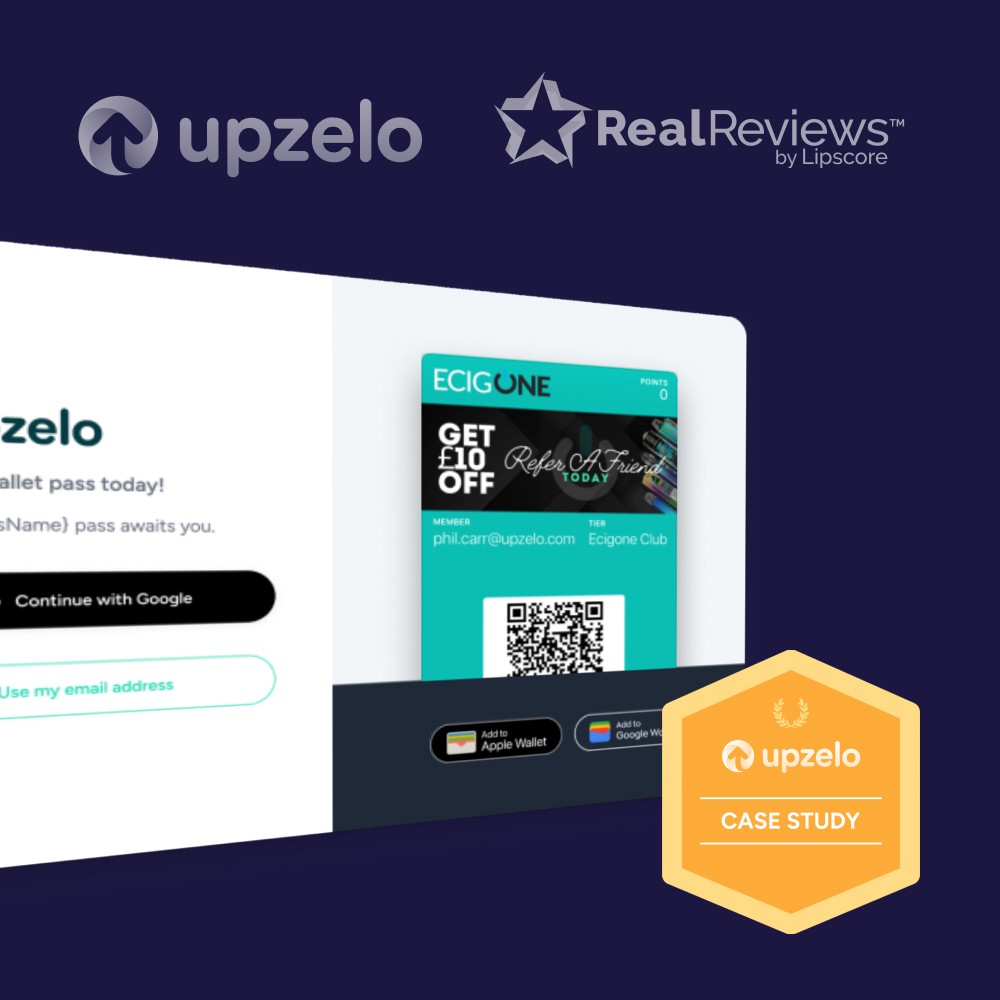
Upzelo
March 5, 2024
Quick snapshot
When using AI may not be the best shortcut in loyalty
Industry
In the whirlwind of digital transformation, artificial intelligence (AI) has emerged as a beacon of innovation for direct-to-consumer (D2C) e-commerce businesses. Its capabilities in personalisation, customer service, and operational efficiency are undeniably powerful.
However, just because you can use AI, doesn’t always mean you should. There are moments in the journey of a D2C e-commerce business where the human touch outshines even the most charming AI. Let’s explore when not to use AI in your D2C e-commerce business.
1. Complex Customer Service Issues
AI chatbots and automated customer service tools can handle basic, repeatable customer inquiries with impressive speed and accuracy.
Yet, when a customer faces a complex issue or a highly emotional concern, the nuances of human empathy and understanding become irreplaceable. In scenarios involving sensitive customer complaints, intricate order problems, or product inquiries, a human can provide the understanding, empathy, and creative problem-solving that AI currently lacks.
Relying solely on AI in these situations can lead to frustration and dissatisfaction, potentially harming customer relationships.
2. Creating Authentic Brand Stories
AI can generate content at an astonishing rate, but when it comes to telling your brand's story and connecting with your audience on an emotional level, authenticity is key. Crafting narratives that resonate with your audience’s values, aspirations, and experiences requires a human touch. The subtleties of language, emotion, and cultural relevance often fall outside AI’s grasp. For content that defines your brand identity, shares your journey, or communicates your values, relying on the creativity, intuition, and emotional intelligence of humans is essential.
3. Understanding and Acting on Complex Data Insights
AI excels at analyzing vast amounts of data and identifying patterns that might not be immediately apparent. However, letting AI make important decisions based on this insight could be foolish.
The context, the brand’s long-term vision, and the potential impact on customer relationships are aspects that AI might overlook or misinterpret. In these instances, the strategic insight and decision-making capabilities of human experts are invaluable.
4. Building Personal Relationships with Customers
While AI can personalize interactions based on data, creating deep, personal relationships with customers—especially high-value or VIP customers—demands a personal touch. Personal shoppers, account managers, and customer success teams can offer a level of personalized attention, understanding, and care that AI cannot replicate. For businesses aiming to cultivate loyalty and a sense of community among their customers, prioritizing human interaction for key customer segments is crucial.
5. Ethical Considerations and Privacy Concerns
There are ethical considerations and privacy concerns surrounding the use of AI, particularly regarding data collection, usage, and storage. When handling sensitive customer data or making decisions that could significantly impact customer privacy, erring on the side of caution and employing human oversight is wise. Transparency, ethical considerations, and respecting customer privacy are areas where the moral and ethical judgment of humans is necessary.
Conclusion
AI holds the promise of revolutionizing D2C e-commerce businesses, offering unparalleled efficiencies and capabilities. However, recognizing when not to use AI is just as important as knowing when to harness its power. Balancing AI with the irreplaceable value of human interaction, judgment, and empathy ensures that your business not only thrives in efficiency and innovation but also remains
From Shoppers to Advocates: Maximising Your BFCM Success with Referrals
Nov 29, 2024
How Ecigone Supercharged Customer Loyalty with Lipscore and Upzelo
Nov 22, 2024
Introducing Upzelo's New Wallet Pass Product: Engage, Convert, and Retain
Jun 16, 2024
Implementing VIP Tiers in Loyalty Programs: A Strategic Approach
Jan 30, 2024





